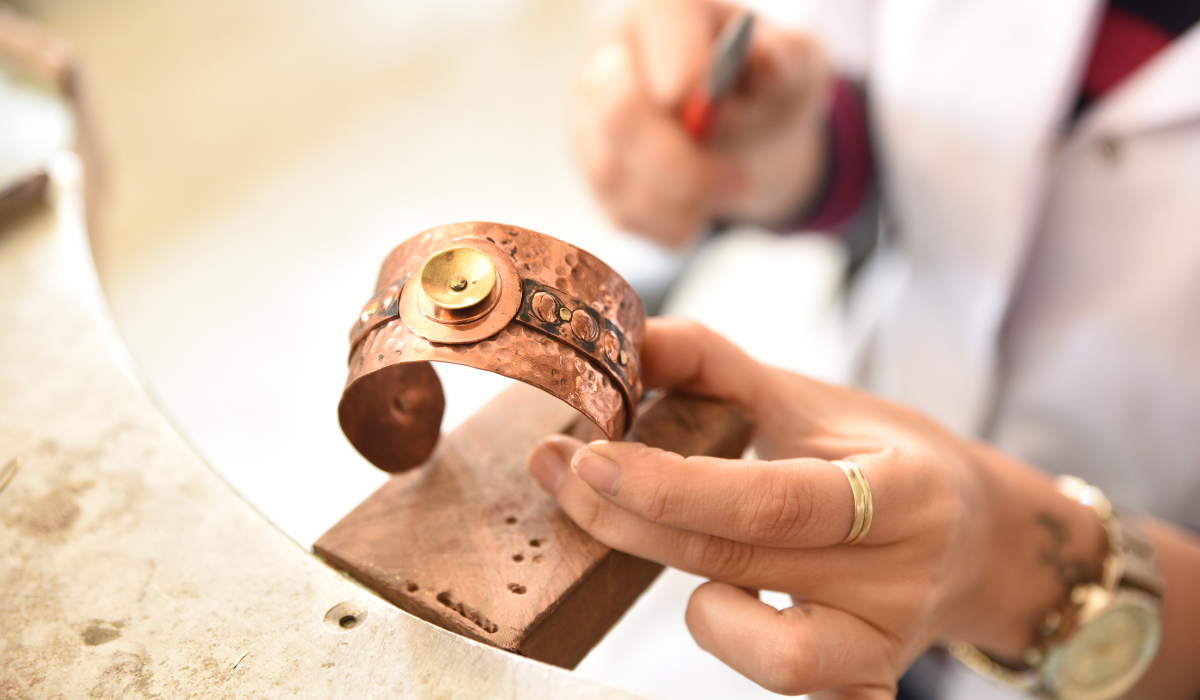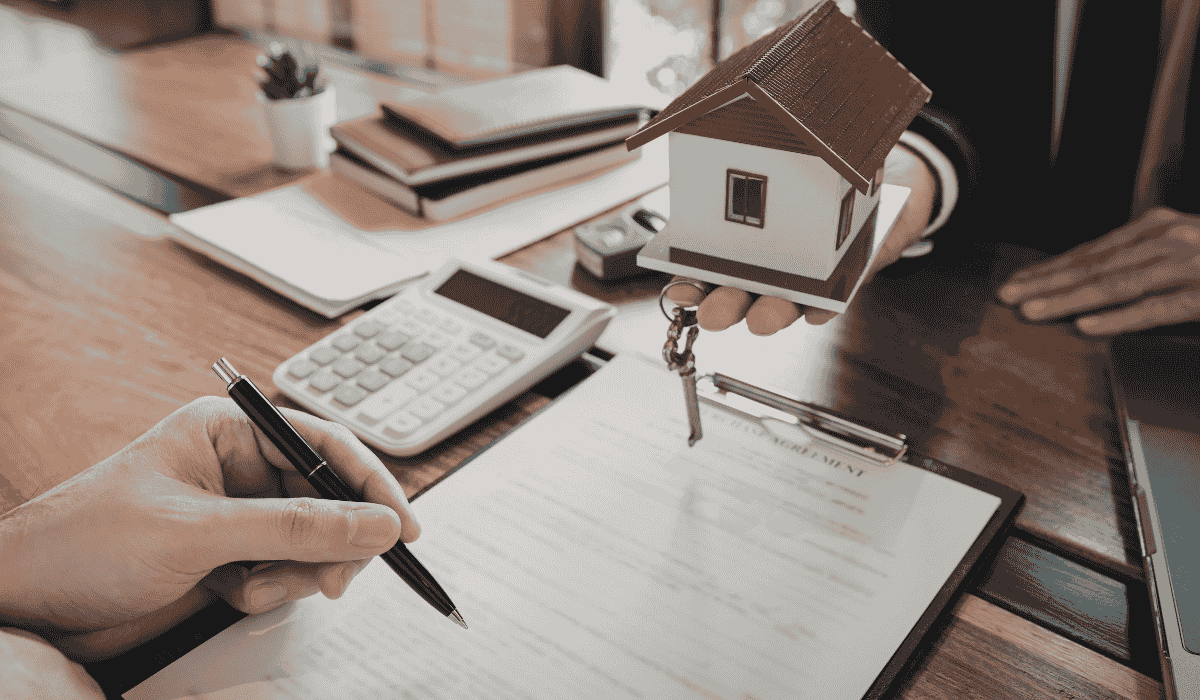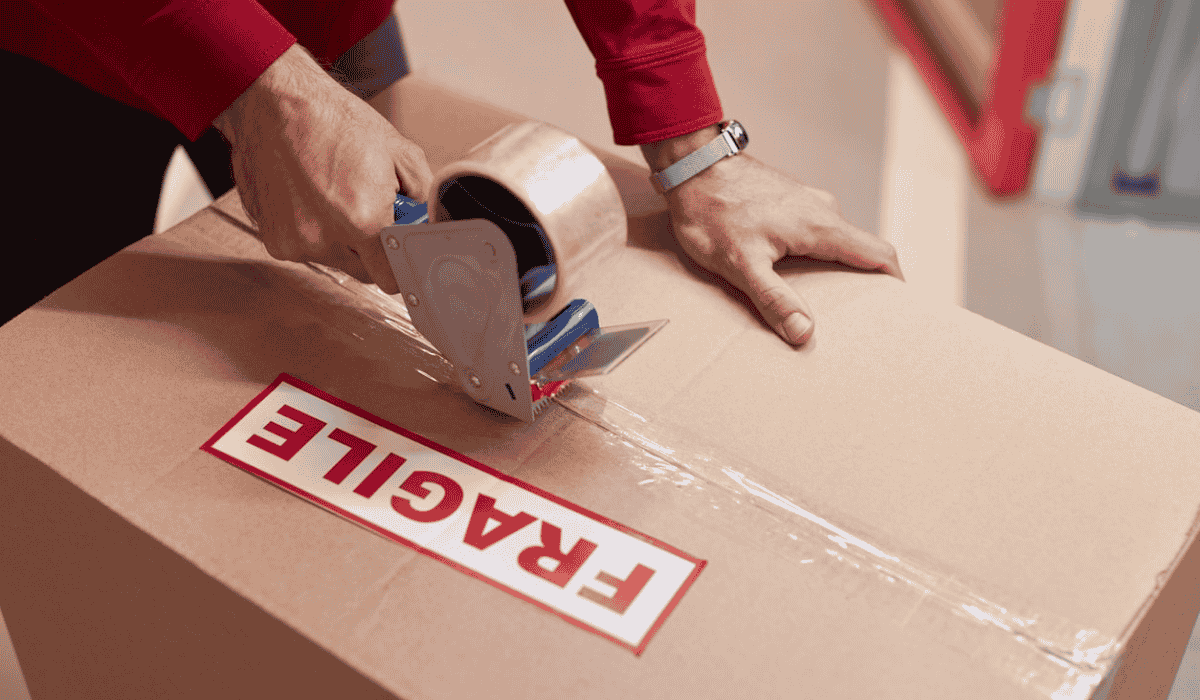Precious Metals Exchange Services: Secure, Transparent, and Trustworthy
Safe, Honest, and Easy Trading for Your Gold, Silver & More

In today’s complex economic climate, individuals and investors are increasingly turning toward tangible assets as a way to preserve and grow their wealth.
Among these assets, precious metals—such as gold, silver, platinum, and palladium—have long been regarded as reliable and resilient options.
Whether as a hedge against inflation, a form of portfolio diversification, or a means of passing value through generations, precious metals continue to hold their place in the global financial system.
To navigate the buying, selling, and evaluation of these metals, many turn to precious metals exchange services.
These services are not simply about transactions; they are about trust, transparency, and professionalism.
This article explores the essential elements of a precious metals exchange, how it works, its benefits, and how to identify a secure and reliable provider.
Understanding Precious Metals Exchange Services
A precious metals exchange refers to a business or platform where individuals can buy, sell, or appraise precious metals.
These can include gold coins, silver bullion, platinum jewelry, and even scrap metal containing precious content.
Exchanges are offered by specialized dealers, banks, online marketplaces, and estate service providers.
Some focus solely on investment-grade bullion, while others handle a broader range of items, including antique coins, heirloom jewelry, and industrial scrap.
These services serve various needs:
- Selling inherited gold and silver items
- Purchasing bullion for investment
- Trading collectible coins
- Appraising estate or antique pieces
- Securing precious metals for retirement planning
Why Precious Metals Continue to Be a Strong Investment
Precious metals have been used as currency, jewelry, and stores of value for thousands of years.
Their appeal lies in their rarity, durability, and global recognition.
1. Protection Against Inflation
Precious metals, particularly gold, often increase in value during times of inflation.
When currency weakens, the intrinsic value of these metals tends to rise, offering a buffer against economic volatility.
2. Wealth Preservation
Unlike stocks, bonds, or fiat currencies that may become worthless in extreme cases, metals retain inherent value and can be passed through generations without depreciation.
3. High Liquidity
Gold, silver, and platinum are easily traded anywhere in the world.
Their liquidity allows holders to quickly convert them into cash if needed.
4. Portfolio Diversification
Financial experts often recommend allocating a portion of investment portfolios to physical assets.
Precious metals act as a counterbalance to paper-based investments.
Forms of Precious Metals Commonly Exchanged
Understanding what forms of metals can be exchanged helps users identify what they may hold or want to purchase.
- Bullion: Bars or ingots made from refined metal, valued for their purity and weight.
- Coins: Minted by governments and may have both metal and numismatic value.
- Jewelry: Often exchanged based on gold or silver content, though antique or branded pieces may carry additional value.
- Scrap Metal: Includes broken or outdated items with measurable precious metal content.
- Collectibles and Antiques: Older items that may have historical or artistic value in addition to their metal content.
How the Precious Metals Exchange Process Works
A professional precious metals exchange operates with a methodical, secure, and transparent approach. Below is a typical process for both sellers and buyers.
Step 1: Initial Consultation
The process begins with a discussion about the items you are looking to buy or sell. This includes identifying the type of metal, form (jewelry, coin, bullion), and expected purity or weight.
Step 2: Testing and Appraisal
The service provider performs an analysis using various tools, including electronic testers, acid tests, and certified scales. For investment-grade metals, documentation such as certificates of authenticity is also reviewed.
Step 3: Market Valuation
The current spot price (real-time market value per ounce) of the metal is used to calculate the base value. Margins may be applied depending on the item type and transaction method.
Step 4: Offer and Agreement
An offer is presented to the client. Reputable providers ensure that all calculations are clearly explained, and no hidden fees are involved.
Step 5: Payment or Purchase
If the offer is accepted, payment is made securely and immediately.
Documentation is provided for recordkeeping. For purchases, clients receive detailed receipts and guidance on storage or insurance.
What Makes a Precious Metals Exchange Trustworthy?
When dealing with high-value assets, security and transparency are paramount. A professional exchange service upholds several essential standards.
Transparent Pricing
Spot prices fluctuate daily. A trustworthy service always provides real-time pricing and detailed breakdowns of valuations.
There should be no ambiguity in how your metal’s value is calculated.
Licensed and Compliant
Operating a precious metals exchange requires adherence to federal, state, and local laws. Providers must be registered, and in many cases, bonded or insured.
Professional Appraisers
Qualified personnel with experience in metallurgy, gemology, or estate valuation provide appraisals. Their knowledge ensures accurate evaluations and fair offers.
Documentation and Recordkeeping
All transactions, whether sales or purchases, are accompanied by complete documentation.
This ensures legal compliance and protects both the client and the provider.
Secure Handling
Professional exchanges implement physical and cybersecurity measures to protect client data, payments, and physical items.
Estate and Inheritance Services Involving Precious Metals
Many people encounter gold and silver items through inheritance.
These may include antique jewelry, family heirlooms, or collections of coins or bars. In such cases, proper appraisal and exchange become even more important.
The Perfect Piece Estate Sales, a respected estate services provider, specializes in the secure handling and valuation of precious metals within estate contexts. Their team assists clients in:
- Identifying valuable metal-based assets
- Providing accurate appraisals
- Selling or consigning items through reputable channels
- Managing estate sales that include precious metals
This integrated service model is especially beneficial for individuals settling estates, handling probate, or managing large asset transfers.
Benefits of Using a Local and Professional Exchange Service
Choosing a local, full-service provider like The Perfect Piece Estate Sales comes with several advantages:
Personal Service
In-person consultations allow for better understanding, more accurate appraisals, and personalized recommendations.
Expertise in Estate Sales
Combining precious metal exchange with estate liquidation provides a streamlined experience for clients.
Community Trust
Local providers often build their reputation through referrals, long-term relationships, and transparency. They have a vested interest in serving the community fairly.
Accurate Appraisals
Working with seasoned appraisers ensures that you are not underselling items that may have historical or collectible value beyond metal content.
Common Mistakes to Avoid
When dealing with precious metals, it is essential to avoid some common pitfalls:
- Selling to unlicensed or temporary buyers offering fast cash
- Accepting offers without documentation or explanation
- Ignoring the potential numismatic value of rare coins
- Not understanding the difference between karat gold and pure bullion
- Disregarding secure transaction practices
Always verify the credentials of any exchange service and ask questions about pricing, testing methods, and security procedures.
Why Transparency Matters in Precious Metals Exchange
Trust is the foundation of all high-value transactions. Transparency builds confidence and protects both parties. A legitimate service ensures clients understand:
- How the metal’s value is determined
- What the current market conditions are
- What fees (if any) are being charged
- How their personal and financial data is protected
Providers like The Perfect Piece Estate Sales offer clarity at each stage, ensuring a smooth and professional experience.
The Importance of Precious Metals in Wealth Planning
More than just items of adornment or collectibles, precious metals have become critical tools in wealth management and financial planning. They are used to:
- Diversify retirement portfolios
- Protect against currency devaluation
- Store generational wealth
- Safeguard value during geopolitical instability
Professional advisors often recommend working with established precious metals exchange services when buying or selling, to ensure fair pricing and secure handling.
Conclusion
Engaging with a professional precious metals exchange service is a smart and necessary step for anyone dealing with valuable metal assets.
Whether you are investing in gold bars, selling inherited jewelry, or appraising estate coins, the right service will provide accuracy, security, and peace of mind.
A secure and transparent process is not optional—it is essential.
That is why partnering with reputable providers like The Perfect Piece Estate Sales ensures that you receive fair market value, expert guidance, and trusted service every time.
With a focus on estate expertise, transparent pricing, and certified appraisals, The Perfect Piece Estate Sales represents what every client should expect from a modern, secure, and professional precious metals exchange.
For those looking to assess, sell, or purchase precious metals with confidence, visiting The Perfect Piece Estate Sales is a valuable first step toward informed decision-making and asset protection.
Frequently Asked Questions (FAQs)
What is a precious metals exchange?
A precious metals exchange is a professional service that allows individuals to buy, sell, or appraise precious metals like gold, silver, platinum, and palladium. These services evaluate items based on purity, weight, and real-time market prices. Exchanges can involve bullion, coins, jewelry, or even scrap metal. They are widely used by investors, estate handlers, and individuals seeking asset liquidity.
How do I know I’m getting a fair price?
A fair price is calculated using the current spot market price, along with the item’s purity and weight. Trustworthy services provide a full breakdown of how your offer is determined, including testing results and any fees. Professional appraisers are transparent and document every step. Always choose licensed providers who prioritize clarity and honesty.
Is it better to sell jewelry or melt it for bullion?
This depends on the jewelry’s design, brand, and potential collectible value. High-end or antique pieces may be worth more than their metal content alone. However, broken or generic items are often valued based on melt value. A professional appraisal helps determine which option offers the highest return.
Are these services secure?
Yes, when done through licensed and reputable providers, precious metals exchange services are highly secure. They use verified testing methods, secure facilities, and private transactions to protect your items. Confidentiality and legal compliance are also prioritized. Always ask about their credentials and customer protection measures before proceeding.
What documents should I receive when I sell metals?
You should receive a complete receipt detailing the item’s type, weight, metal purity, current market price, and final payment. This document serves as proof of the transaction and protects both parties. Professional exchanges also keep internal records for legal and compliance purposes. Never proceed with a sale without receiving proper documentation.











